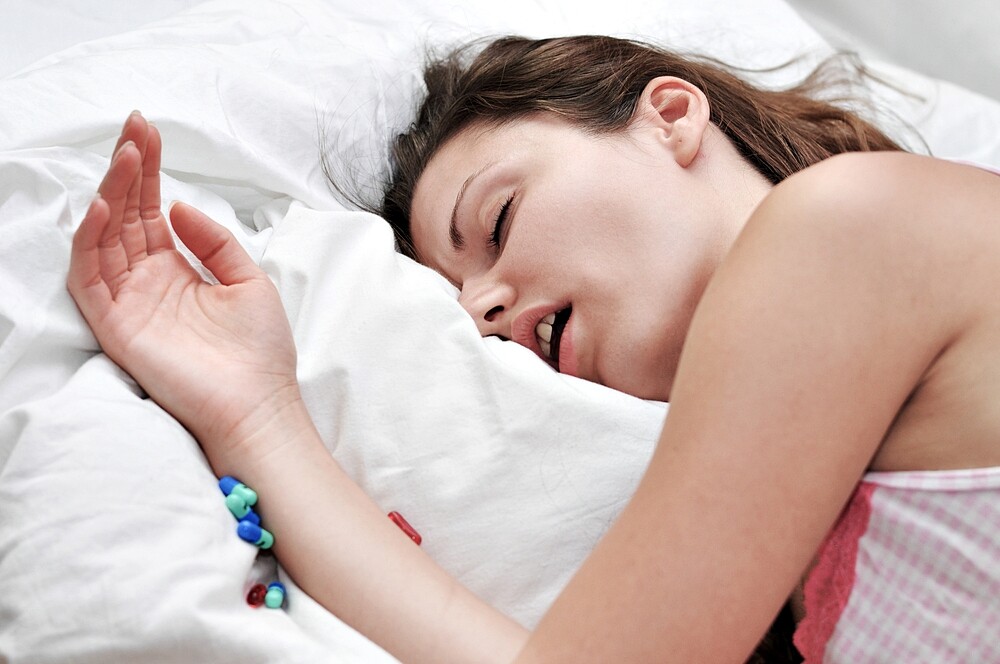Snorers rob us of sleep and can put our relationship to a hard test. You’re wondering: What’s good for snoring? Here’s how it works.
Introduction
- Every third person is a snorer! Although snoring mainly affects men, women can also mutate into snorers due to increasing age or overweight.
- In particular, snoring can drive your partner crazy and reduce your sleep. You can find out here which cause can be behind snoring and what really helps.
- By the way, women snore more quietly because, due to the estrogens, they have a more stable musculature of the tongue so that it does not fall back in the mouth and narrow the throat. However, women can also suffer from sleep apnoea (breathing stops during sleep), which should be treated.
Is there a health risk?
Sleep apnea can be a health hazard, as the risk of high blood pressure, heart muscle disease, heart attacks or strokes increases. Many snorers also suffer from heartburn. In addition, there is the risk of being overtired due to poor sleep and then, for example, being more careless in road traffic.
Nutrition and sleeping position
- Nutrition: A balanced diet and abstention from alcohol in the evening have a positive effect on sleep. Overweight in particular promotes snoring through the fat in the neck area. You should also not eat much just before going to sleep.
- Avoid the supine position and preferably lie in the lateral position in bed. Alternatively, you can also sleep with a slightly raised upper body in a supine position.
What helps against snoring? 5 innovative methods
- Anti-snoring pillow: The pillow is designed to prevent the back position that promotes snoring, as it includes a raised central area. There are even pillows with microphones to identify and stop snoring sounds. The pillow is recommended for people who snore only in the supine position.
- Anti-snoring spray: The spray is available for both the nose and throat. It is suitable for the nose if snorers have to breathe through their mouth more intensively due to a blocked nose. The spray for the throat is particularly suitable for older people who have narrowed airways due to flaccid palatal tissue. By the way, there are also alternative anti-snoring oil, anti-snoring rings, an anti-snoring wristband or special nose plasters.
- CPAP therapy: CPAP means “continuous positive airway pressure”. This is a device with a connected breathing mask. It is used for people affected by sleep apnoea and supports the respiratory tract. Sleep apnoea is characterized by breathing interruptions, which both interrupt sleep and negatively affect health. The therapy should be discussed with a doctor in advance.
- Exercises for the tongue: Daily exercises for the tongue can reduce snoring. To do this, press the tip of the tongue against the palate and slide it backwards. Then you can fix the tongue to the palate and hold it for a few moments. Last but not least, you can also push the tongue down and press the tip of the tongue against the lower front of the teeth from behind.
- Wind instrument: Learning a wind instrument (no joke!) trains the palate and throat. The didgeridoo in particular is said to be particularly well suited for this purpose.

